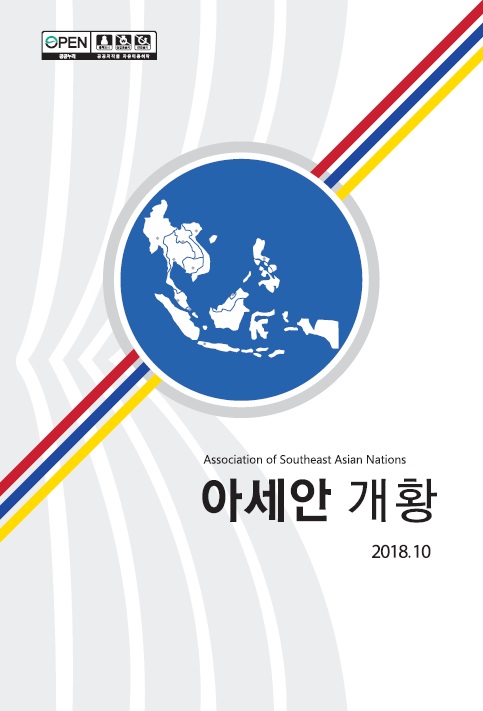ODA Reports
China’s Development Finance to Asia
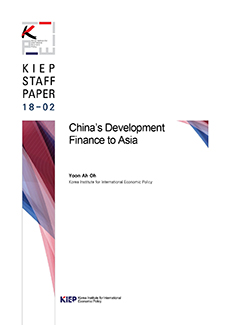
- 저자: 오윤아
- 발간일: 2018년 8월
링크
FAO and the SDGs. Indicators: Measuring Up to the 2030 Agenda for Sustainable Development
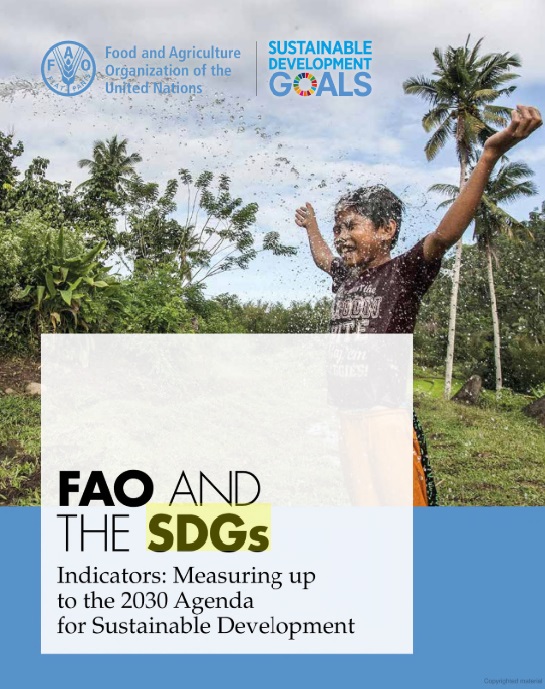
- 저자: FAO
- 발간일: 2017년
링크
Global Development Monitor 2017
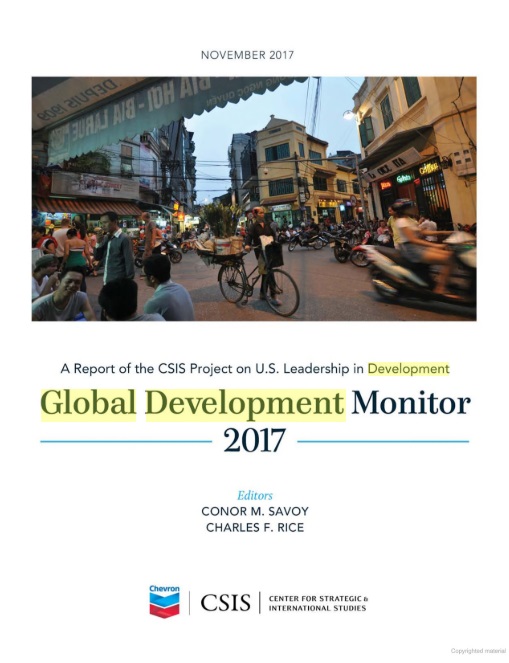
- 저자: Conor M. Savoy
- 발간일: 2018년 1월 4일
링크
Sustainable Development Goals (SDGs) and GDP: What National Accounts Bring to the Table
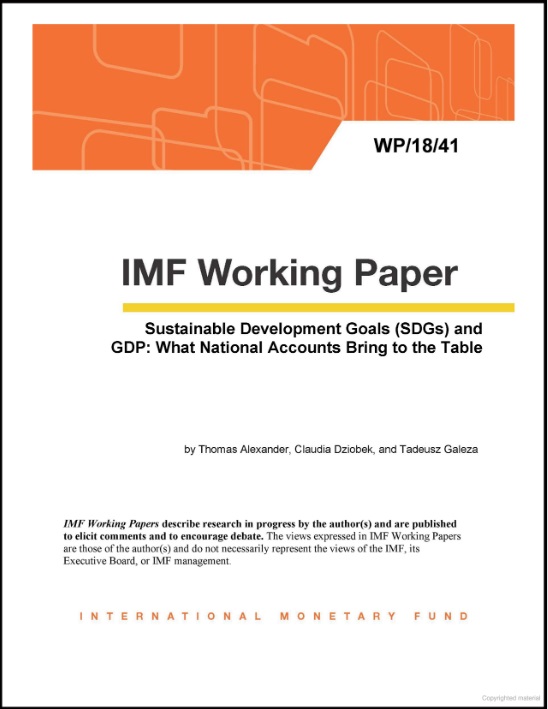
- 저자: Thomas Alexander; Claudia H Dziobek; Tadeusz Galeza
- 발간일: March 7, 2018
링크
The ASEAN Statistical Community and the Role of External Partners
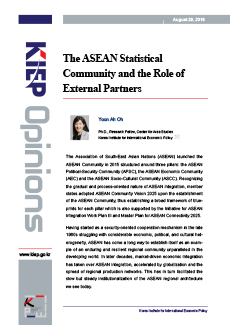
- 저자: 오윤아
- 발간일: 2018년 8월
링크
Urban Food Systems Governance and Poverty in African Cities
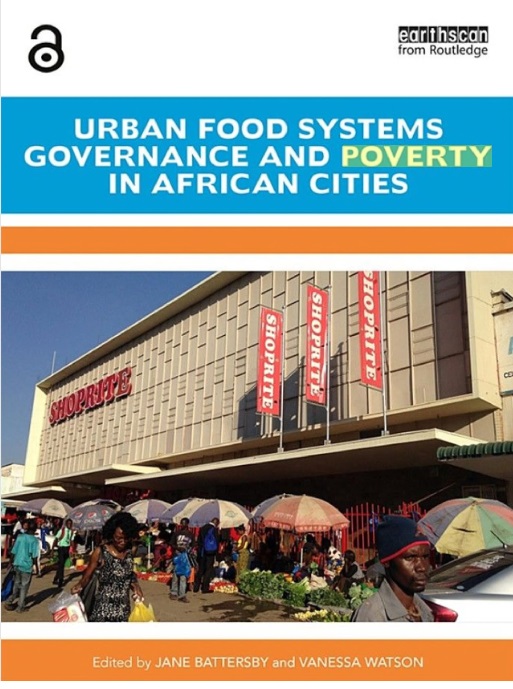
- 저자: Jane Battersby, Vanessa Watson
- 발간일: 2018년
The book makes a wider contribution to debates on urban studies and urban governance in Africa through analysis of the causes and consequences of the paucity of urban-scale data for decision makers, and by presenting potential methodological innovations to address this paucity. As the global development agenda is increasingly focusing on urban issues, most notably the urban goal of the new Sustainable Development Goals and the New Urban Agenda, the work is timely.
링크
아세안 개황(2018.10)
